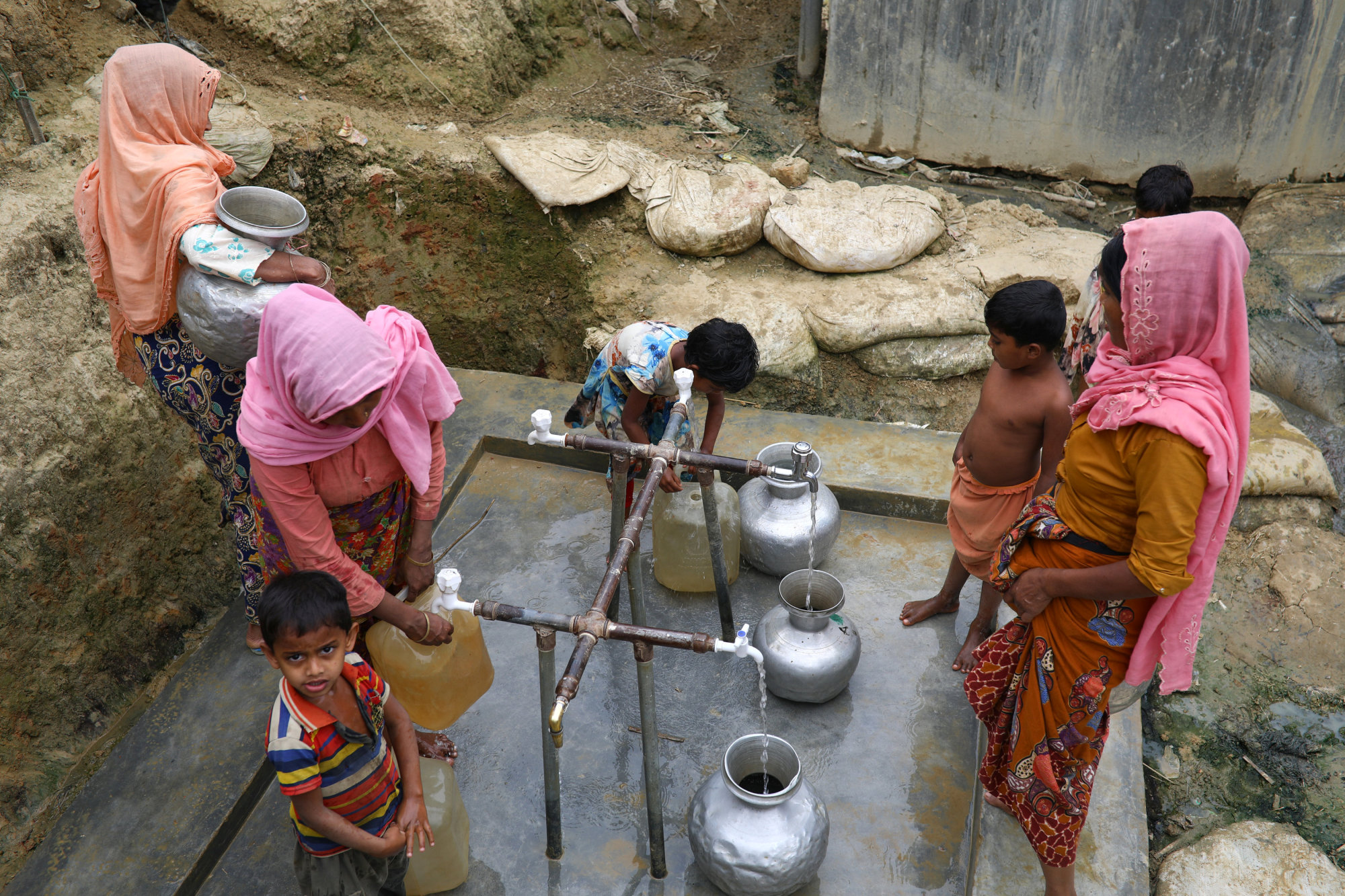Facebook, Twitter and foreign investors need to do more to ensure they support human rights in Myanmar, the U.N. Special Rapporteur Yanghee Lee said in a report published on Tuesday.
Myanmar has been trying to woo investors and divert attention from the 730,000 Rohingya Muslims who have fled the country since 2017, an exodus that a U.N. inquiry blamed on a military campaign with "genocidal intent."
Facebook said this month that it had banned four groups fighting Myanmar's military after it was criticized for not doing enough to block content fueling the conflict. But Lee's report said she was concerned that the army and allied armed groups had not been banned.
"Contrary to achieving the stated aim of decreasing tensions, this selective banning may contribute to feelings of inequality by ethnic minorities," Lee said in the report, which she will present to the U.N. Human Rights Council on March 11.
"Public institutions linked to the military, its supporters, extremist religious groups, and members of the government continue to proliferate hate speech and misinformation on Facebook," she wrote.
Myanmar denies allegations of mass killings and rape, and says its offensive was a legitimate response to an insurgent threat and that it is welcoming the refugees back.
The report also examined the role of military-run conglomerates in Myanmar's mining industry. Fresh sanctions should be considered on two military-run conglomerates, the Union of Myanmar Economic Holdings Limited (UMEHL) and Myanmar Economic Corporation (MEC), it said.
They provided "off-budget financing" to the army and were involved in natural-resource extraction, where Lee said she was continuing to receive reports of human rights abuses.




















With your current subscription plan you can comment on stories. However, before writing your first comment, please create a display name in the Profile section of your subscriber account page.